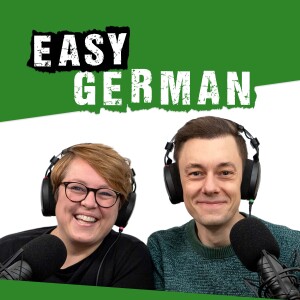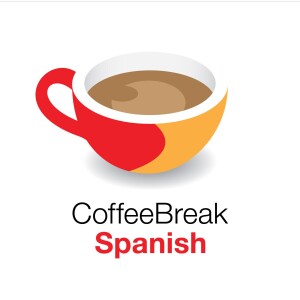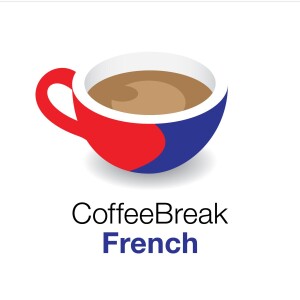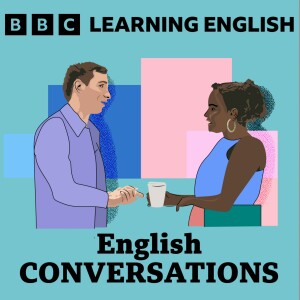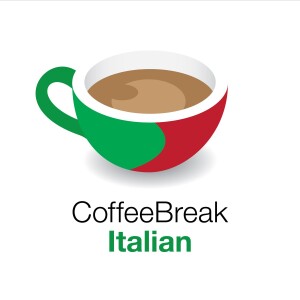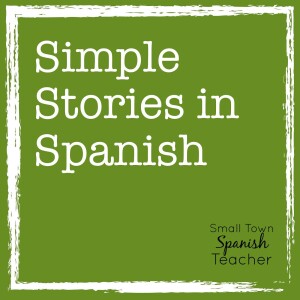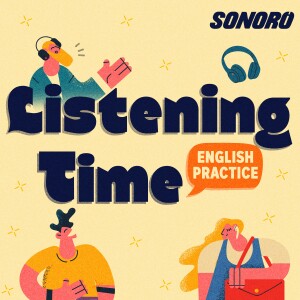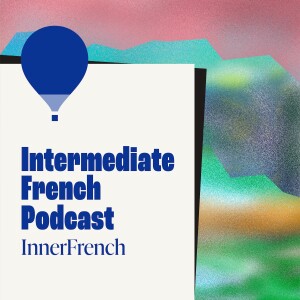

We're talking about marketing terms used on food products and deciding if they are officially recognised terms or not.我们今天要讨论的是食品包装上常见的营销术语,并判断这些术语是否是官方认可的。
Richard? Yes. A popular term used on many products, organic.Richard?是的。一个在许多产品上都能看到的热门词——“有机”。
Right, yes. So, do you think organic is a legitimate term?好,对。那么你认为“有机”是一个合法、正规的术语吗?
Yes, I think you have to pass certain standards to label your product organic.是的,我认为要想在产品上标注“有机”,必须通过一定的标准。
Yeah, it's one of the most strict labels.没错,这是最严格的标签之一。
Right, OK. It means that 95% of the ingredients have to originate from organically produced plants or animals.是的,确切地说,这意味着产品中95%的成分必须来自有机种植或有机饲养的动植物。
Which means that no pesticides or herbicides.也就是说,不能使用农药或除草剂。
Exactly. And also it means that there are no GMO, no genetically modified organisms in the food as well.没错,而且还意味着食品中不能含有任何转基因成分。
OK, that makes sense. Very strict. Free range.好,我明白了,非常严格。那么“放养(Free range)”呢?
Free, I know this. People generally think it means, it's chickens, isn't it? They think they can run around free wherever they want to go. But the reality is it's not true.“放养”,我知道这个。人们一般认为这是指鸡,对吧?他们觉得这些鸡可以随意到处跑。但事实上并不是这样。
I know in Australia it means they have fresh grass to eat but they're not actually free to run around. It's just the matter they have fresh grass. I don't know what it means in other countries though.我知道在澳大利亚,“放养”意味着这些鸡有新鲜的草可以吃,但它们并不能真正自由活动。只是说它们的饲料中有新鲜草料而已。我不太清楚在其他国家是怎样的。
In the UK, it only refers to the amount of space a chicken has, no more than 13 birds per square metre.在英国,这个词只表示鸡的饲养密度——每平方米不超过13只。
Wow, they're packed in, that's not free-ranged for me.哇,那也太挤了吧!这在我看来根本算不上“放养”。
No, there has to be access to open-air runs, that's all.不,他们只要求鸡能接触到户外区域,仅此而已。
So, a legally defined term but it's very misleading.所以,“放养”虽然是法律定义的术语,但非常具有误导性。
Natural. That doesn't mean anything, I'm sure.“天然的(Natural)”,我敢肯定这个词毫无意义。
Well, actually it does. It is legally defined but it's defined very, very logically. When you read the definition you say, of course.其实它是有法律定义的,只不过定义得非常笼统。你看完之后只会觉得:“哦,原来如此。”
Apparently a lot of people are turning away from products labelled natural when they know it is because they just see it as a marketing ploy.显然,许多人在了解“天然”这个词的真实含义后,会刻意避开这类产品,因为他们认为这只是营销手段。
A gimmick. A gimmick.一种噱头,没错,就是噱头。
Right, OK, I can understand that. Superfood.好吧,我能理解。那么“超级食物(Superfood)”呢?
Superfood? I don't think it has any meaning whatsoever.“超级食物”?我觉得这个词根本没有任何意义。
I know it's blueberries or something.我知道,人们通常会用它来形容蓝莓之类的东西。
No. It's simply a marketing term.不,这纯粹是一个营销术语。
It's not based on any scientific basis.它没有任何科学依据。
It doesn't mean you can't use it, everybody can use it but it doesn't mean anything.当然,任何人都可以用这个词,但它本身并不代表什么实际含义。
Yes, yes, nonsense.是的,没错,纯属胡扯。
Sugar-free.“无糖(Sugar-free)”。
Yes, it doesn't have any sugar.对,就是没有糖。
It means a product can contain up to 0.5 grams of sugar per 100 ml or 100 grams.其实它的意思是每100毫升或100克产品中最多可以含有0.5克糖。
Oh, that's complicated. So, a bottle of... a two-litre bottle of Fanta Zero... Right. ...can contain 10 grams of sugar.哦,这听起来有点复杂。那么,一瓶两升的“零度芬达”……对,可能含有10克糖。
Now wait, so that's two and a half teaspoons. Right, OK. Wow.等等,那大概相当于两茶匙半的糖。是的,没错。哇。
So, it's not sugar-free.所以它并不是真的“无糖”。
It's not sugar-free. So, it's a legal term but again I would say that's misleading.没错,它并不是真的无糖。虽然这是一个法律定义的术语,但同样具有误导性。
Yes. Gluten-free. That's got to be legal, hasn't it? Because people, celiacs have problems with gluten so that must be strict.是的。那么“无麸质(Gluten-free)”肯定是合法且严格定义的吧?因为患有乳糜泻的人不能吃麸质,所以标准应该很严。
Very, very strict. However, you can have up to 200 parts of gluten per a million.是的,非常严格。不过,允许每百万份中含有多达200份的麸质。
At the end of the day, Jackie, from a consumer's point of view, all of these marketing terms can mean anything but what you really need to do is just check the ingredients.总的来说,Jackie,从消费者的角度来看,这些营销术语可能什么都意味着,也可能什么都不代表。真正重要的是——仔细查看配料表。
More Episodes
All Episodes>>You may also like
Create Your Podcast In Minutes
- Full-featured podcast site
- Unlimited storage and bandwidth
- Comprehensive podcast stats
- Distribute to Apple Podcasts, Spotify, and more
- Make money with your podcast


